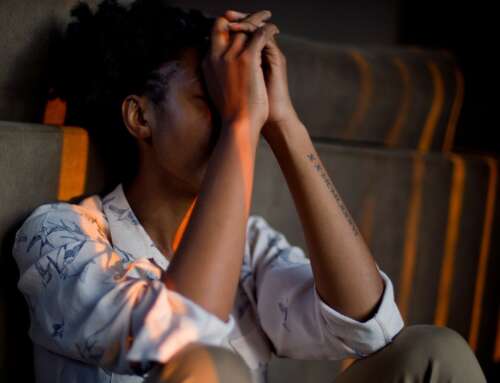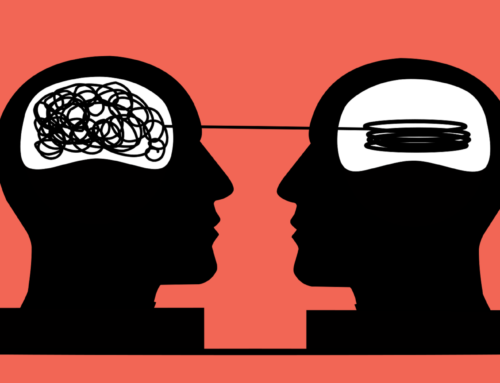When her daughter Abbey began suffering severe mental health issues at the age of 14, Pippa Beveridge desperately sought help from Western Australia’s mental health system.
As she found out over the next two years, that support was not easy to come by.
“We would go to [Princess Margaret Hospital] and wait for hours,” Ms Beveridge said.
“The first time we went, when she cut herself, we were told she had not cut herself enough or overdosed so she would not be taken in.”
“It was such a battle … she felt like she was a burden.”
Abbey was eventually admitted to a locked-ward clinic in Bentley, but the experience was difficult.
“There were so many distressed teenagers in there and the workers were flat-tack,” Ms Beveridge said.
“Things went wrong and she said to me if she ever got so sick again she would need to be locked up, she would kill herself.”
Just after her 16th birthday, Abbey took her own life.
Triple-death throws spotlight on mental health
To some, it may seem shocking that children in desperate need of care cannot access it.
But, according to senior doctors who spoke to ABC Perth’s Focus program, the scenario is common.
“We routinely have had 16- or 17-year-olds who have been stuck for days in our emergency departments. It is terrible,” emergency department doctor David Mountain said.
The availability of mental health services for adolescents has been thrown back into the spotlight by the deaths of an Ellenbrook mother and two of her children, allegedly murdered by the woman’s 19-year-old son.
Teancum Vernon Petersen-Crofts, the accused killer, is understood to have visited Midland’s public hospital and stayed overnight hours before the deaths.
His father, Awatea Crofts, said this week that his son had a history of mental health issues and never received the care he needed.
– Jacob Kagi
Read more: WA’s Mental Health System ‘Broken For a Decade Plus’







Leave A Comment